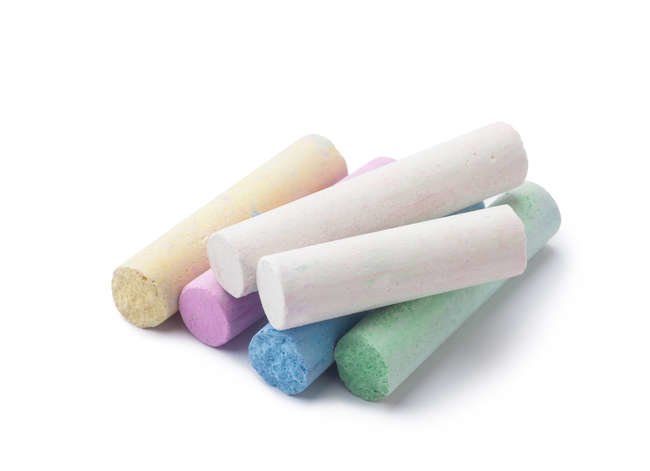

We may earn revenue from the products available on this page and participate in affiliate programs. Learn More ›
Home Advice You Can Trust
Tips, tricks & ideas for a better home and yard, delivered to your inbox daily.
By signing up you agree to our Terms of Service and Privacy Policy.
Thwart Tarnish
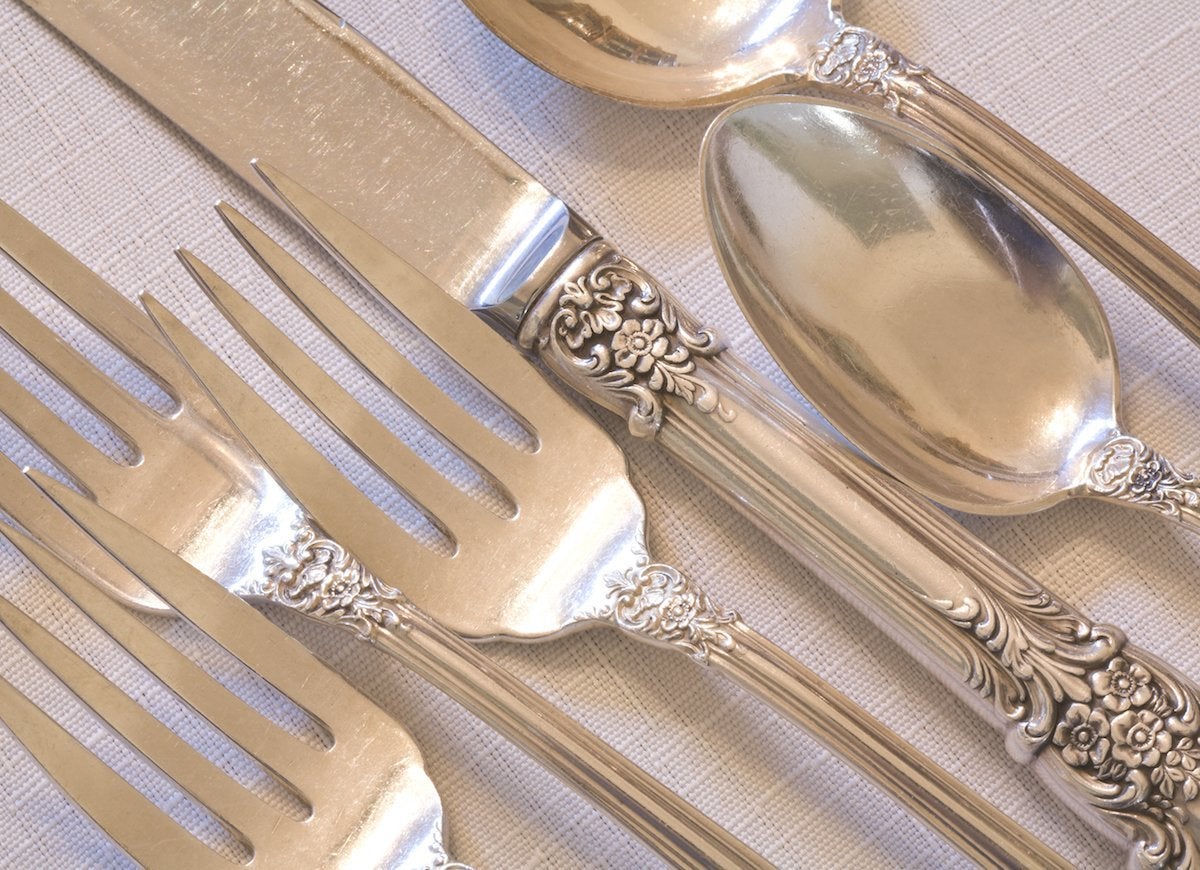
Everyone loves the luxury and elegance of real silverware and serving pieces, but considering how quickly silver tarnishes, it seems like it would take an army of servants to keep it polished and ready for use. Stashing several pieces of chalk in the chest or cabinet where you store your silver will absorb moisture and naturally occurring sulfur compounds, eliminating the conditions that cause silver to tarnish. Similarly, you can place some chalk in your jewelry box to keep silver jewelry from tarnishing. Be sure to wrap the chalk in a piece of cheesecloth to cut down on mess.
DIY Polishing Paste
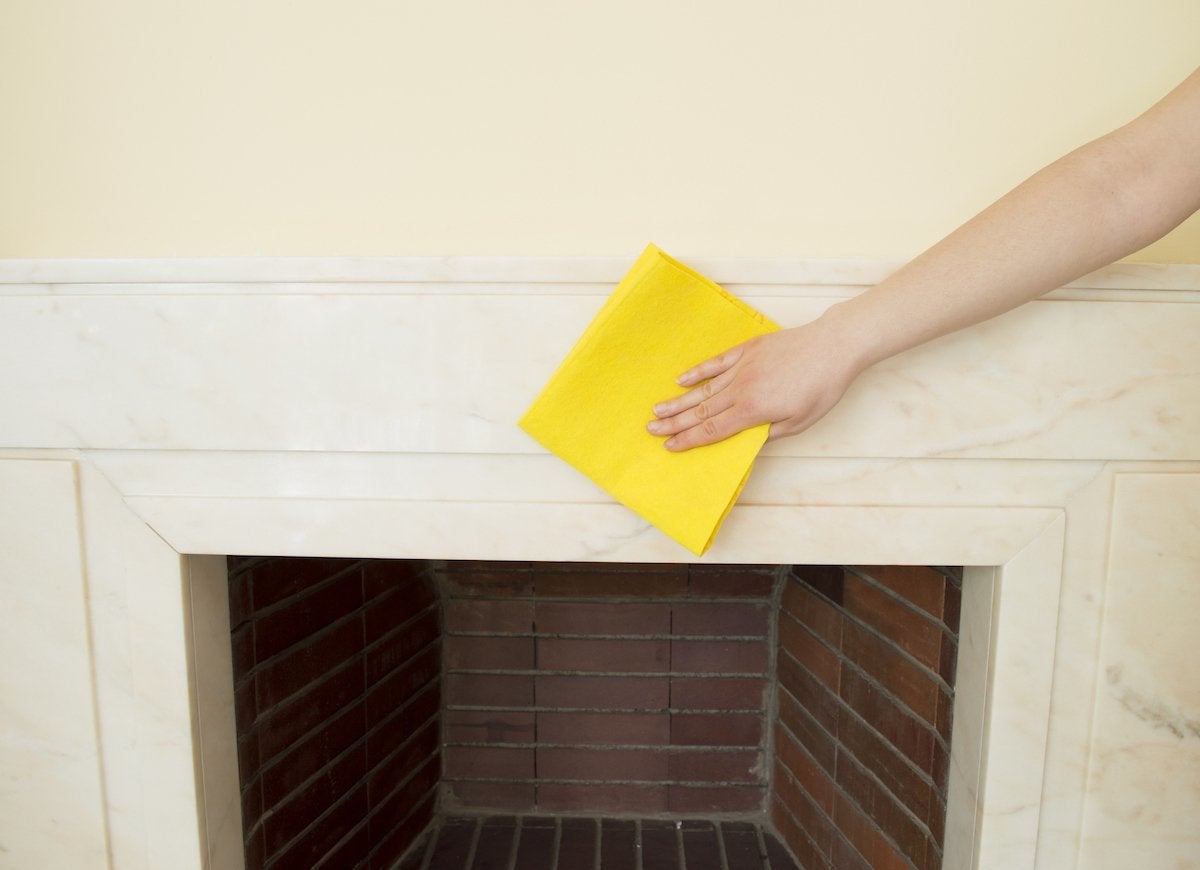
A powdery sedimentary rock, chalk has just enough abrasive power to function as a gentle but effective polisher for pewter and marble finishes. Grind up several small pieces of chalk, then add some vodka to make a thick paste. Rub the paste onto the pewter or marble surface, and then let stand for a few minutes. Rinse the surface, then polish with a soft cloth until all of the residue is removed.
Stain Remover
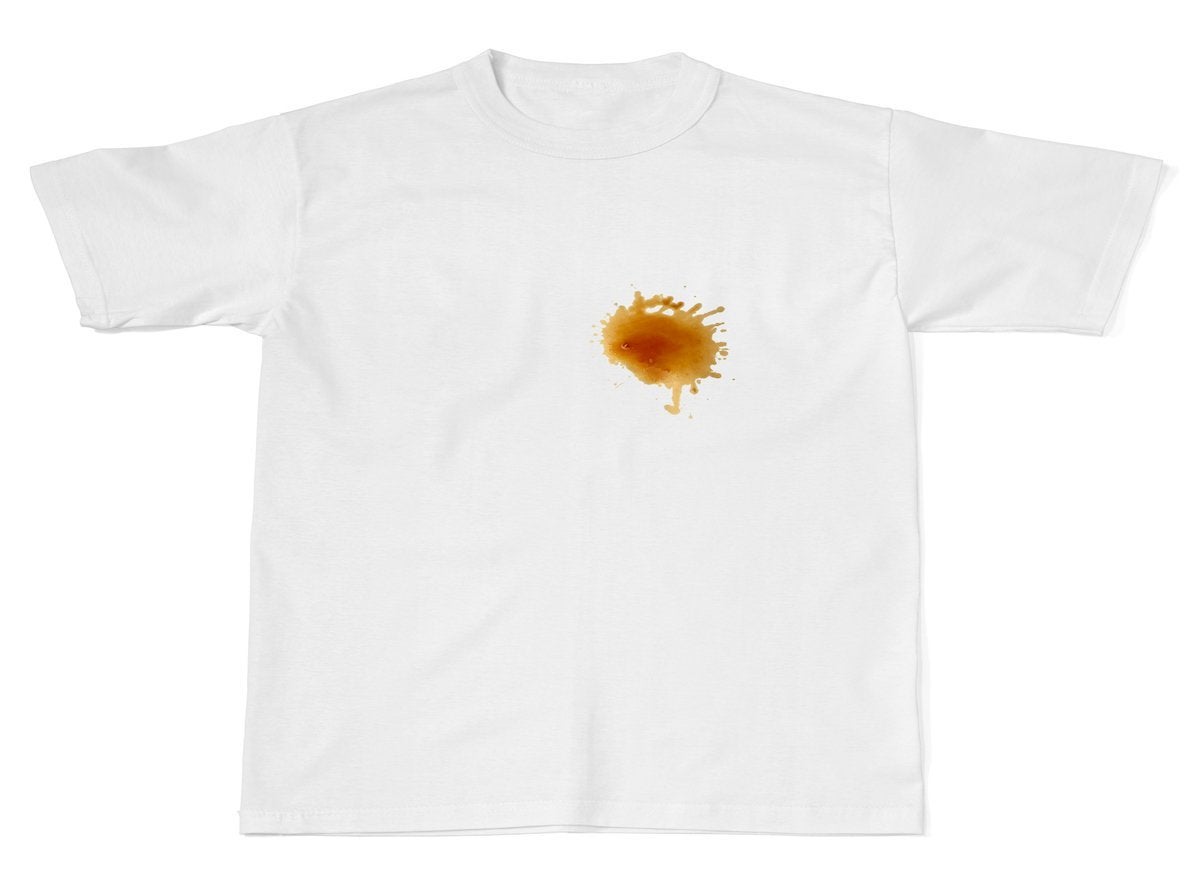
Grease, one of the toughest laundry stains around, resists most commercial spray applications. To clean, crush some chalk and sprinkle the dust on the grease stain. Let it stand overnight so the chalk can absorb the grease. In the morning, shake the garment and brush off the chalk dust. Launder in the warmest water safe for the garment. Another use for chalk? It makes a great stain remover for ring-around-the-collar and underarm sweat stains. Just rub the stain heavily with white chalk, let stand for 10 minutes, and then launder as usual.
Toolbox Pal

Because chalk is great at absorbing moisture, a few well-placed sticks can help prevent metal tools from rusting. Slip a bit of chalk into your toolbox or hardware storage boxes to keep moisture and rust out.
Related: 14 DIY Tools You’ve Never Heard of That Will Make Projects Easier
Odor Eater
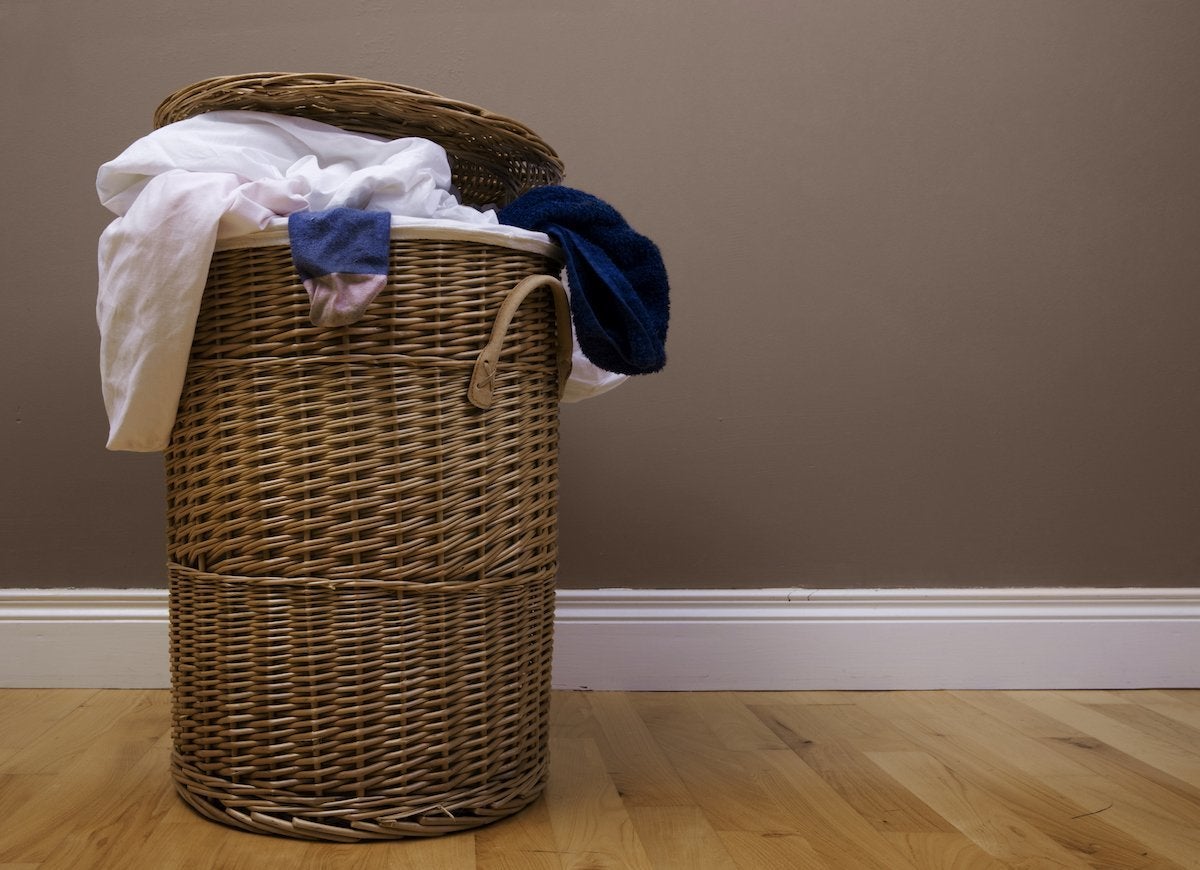
The unique open-cell structure of chalk makes it an extremely absorbent material, which can go a long way toward sopping up musty odors and mildew in closets, basements, and laundry hampers. Place a few pieces of chalk in an open plastic bag and hang it in the closet or on the inside of a hamper lid. Replace the chalk pieces about once a month for maximum freshness.
Quick Fix
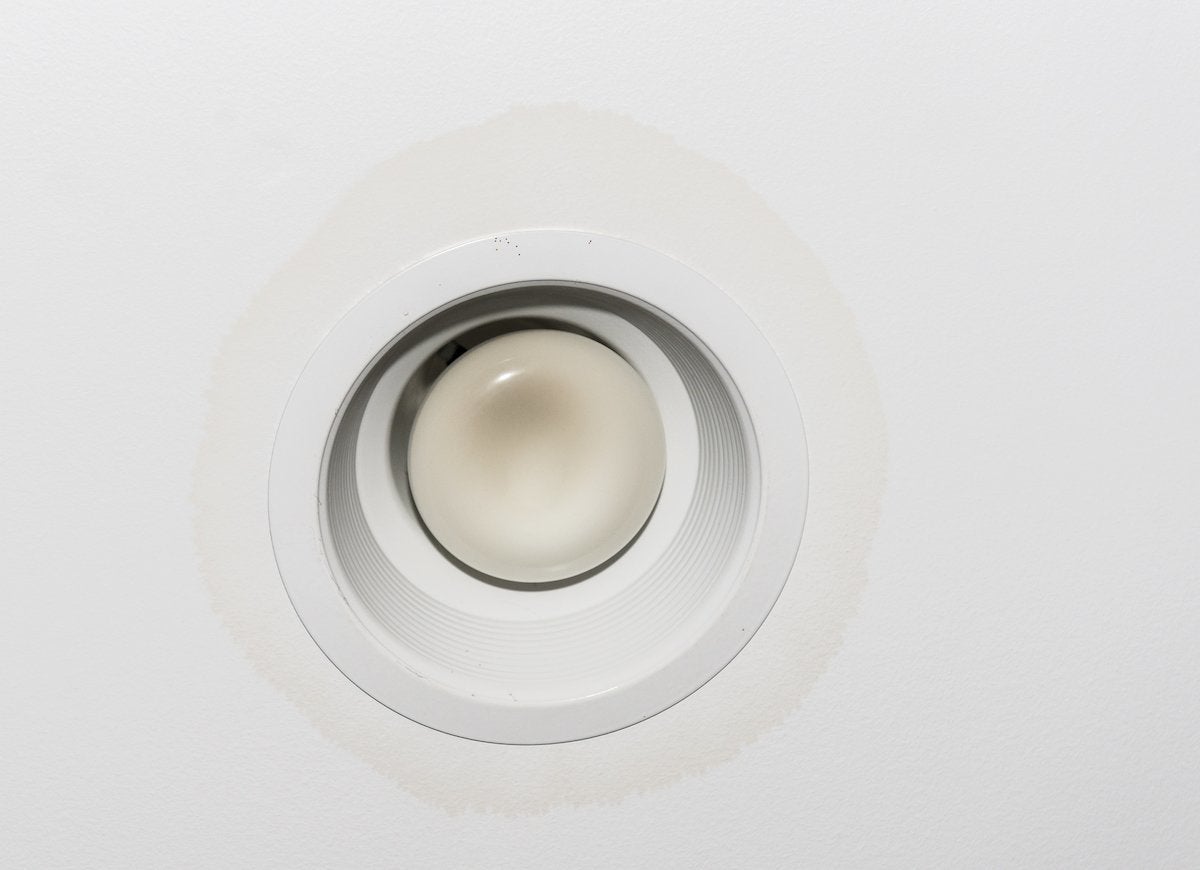
To quickly and easily hide small scrapes and dings in your walls, find a piece of chalk that matches the paint color and smooth some chalk into the damaged area. You can also use chalk to conceal water marks or scuff marks on the ceiling. Simply rub white chalk over the area until the mark lightens or vanishes.
Smooth Sanding
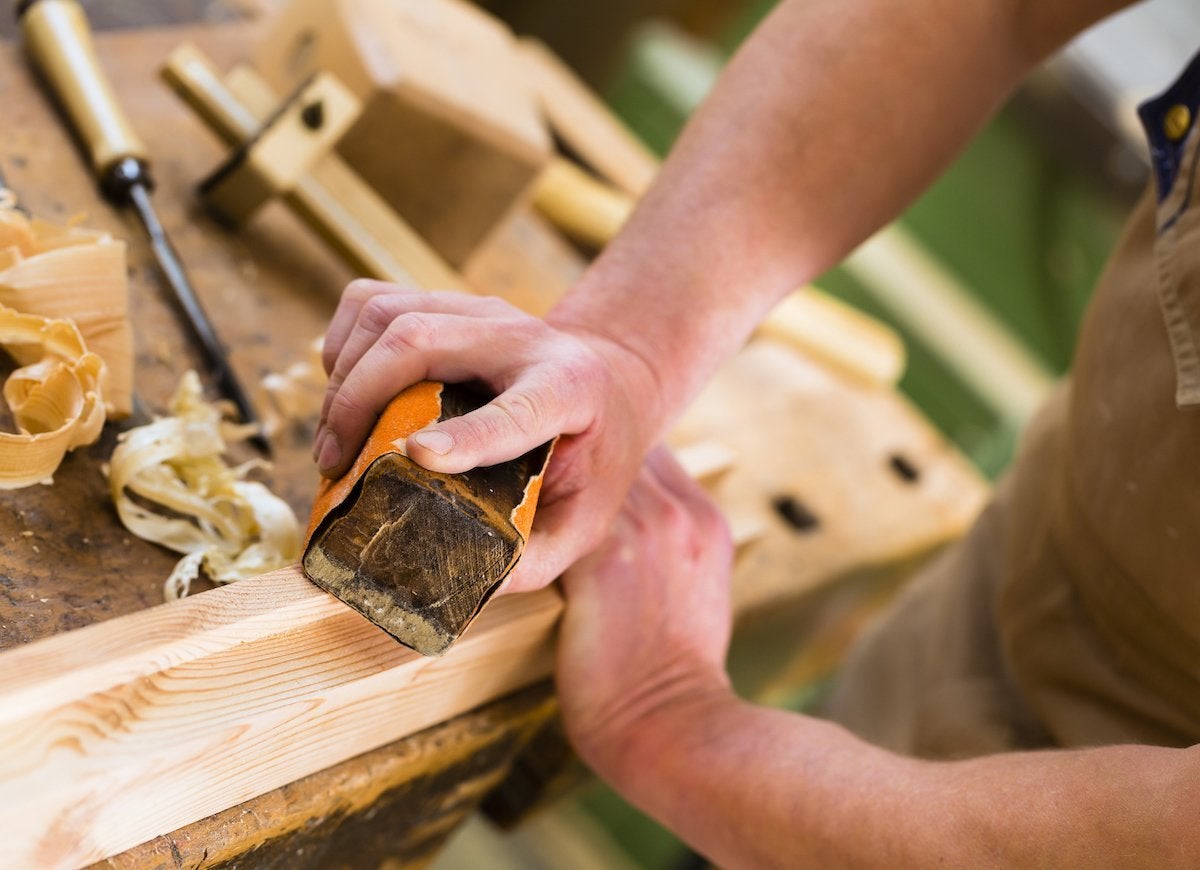
When sanding a piece of wood prior to staining or finishing, you can use chalk to ensure that you get a smooth surface without any high or low spots to spoil the look of the wood grain in the final piece. Before sanding, thoroughly coat the wood with a layer of chalk. Continue to sand the area until all of the chalk disappears, and you will have a nice, smooth sanded surface.
Ants Be Gone!
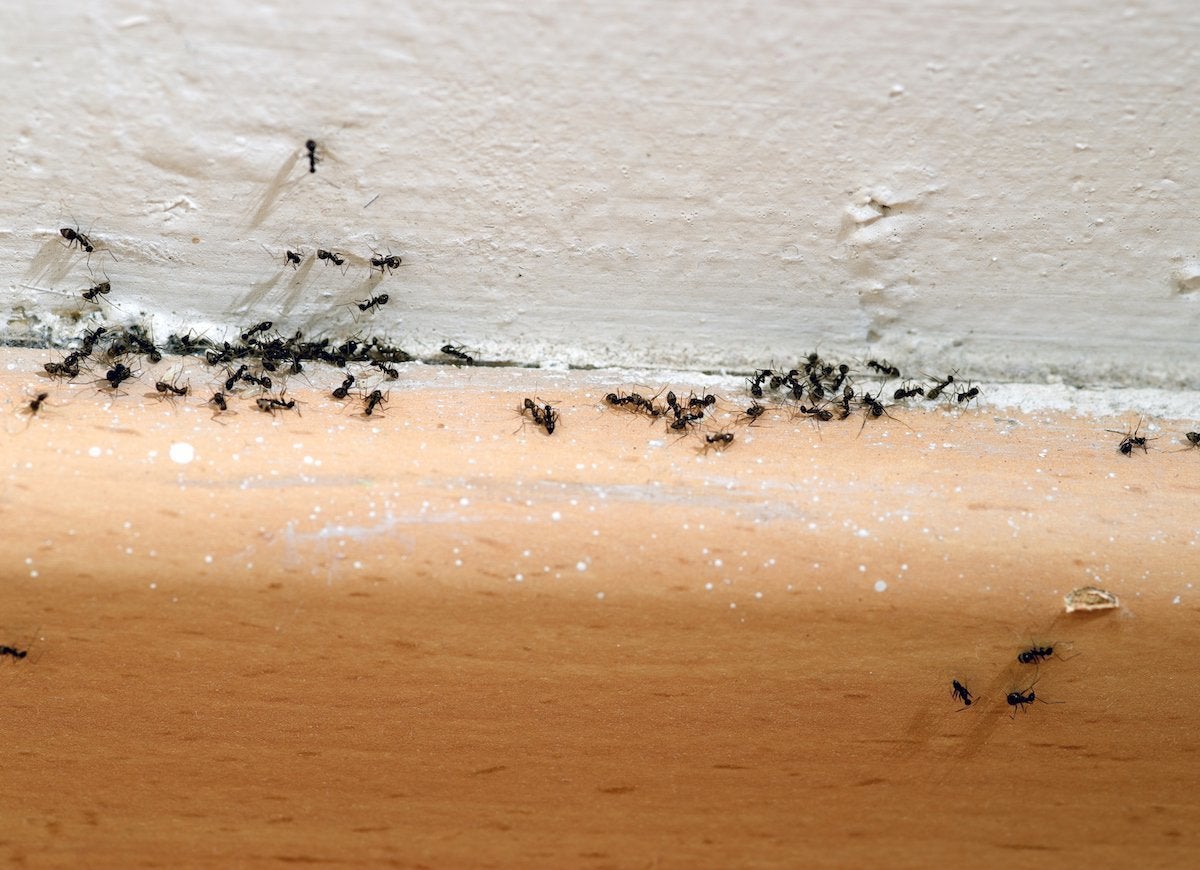
Ants have an aversion to crossing chalk lines, which makes the soft, porous writing implement such a great, all-natural repellent. Draw chalk lines on the insides of door frames, along windowsills, inside cabinets, and along baseboards to stop ants in their tracks.
Furniture Find

When it comes to rearranging furniture, a little planning can save time—and your back. Before you move heavy pieces, use chalk to mark the spots where you’d like each piece to be. When you’re done, step back to see if your layout looks right before moving the furniture around. When everything’s in place, simply wipe away the chalk marks with a damp cloth.
File Under "E" for Easy
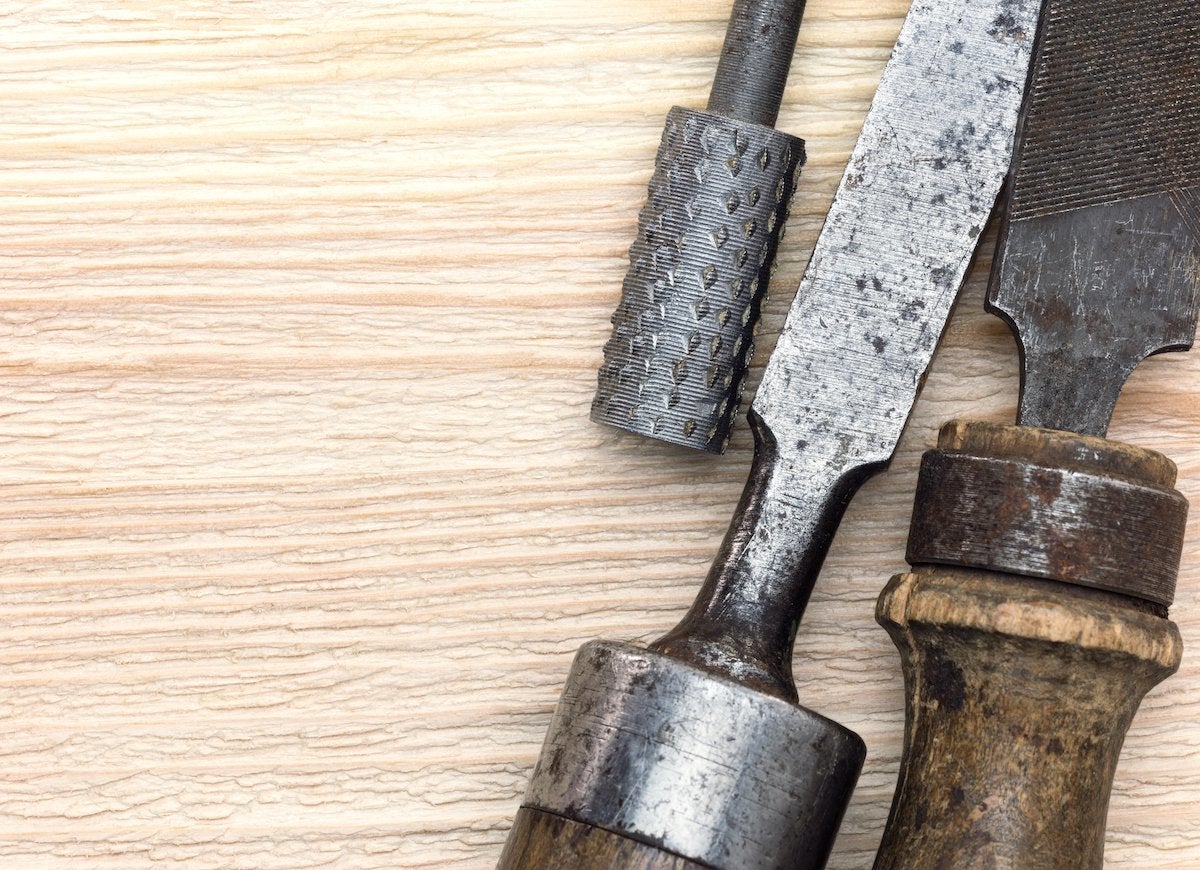
Proper maintenance is the key to getting a long life out of a metal file, and that includes cleaning out the gunk that can become stuck in its metal teeth. To prevent debris from clogging your file, rub chalk into its teeth before use. Thanks to the chalk dust, metal filings will be much less likely to get stuck, making the file easier to clean and prolonging its lifespan.
Keys to Success
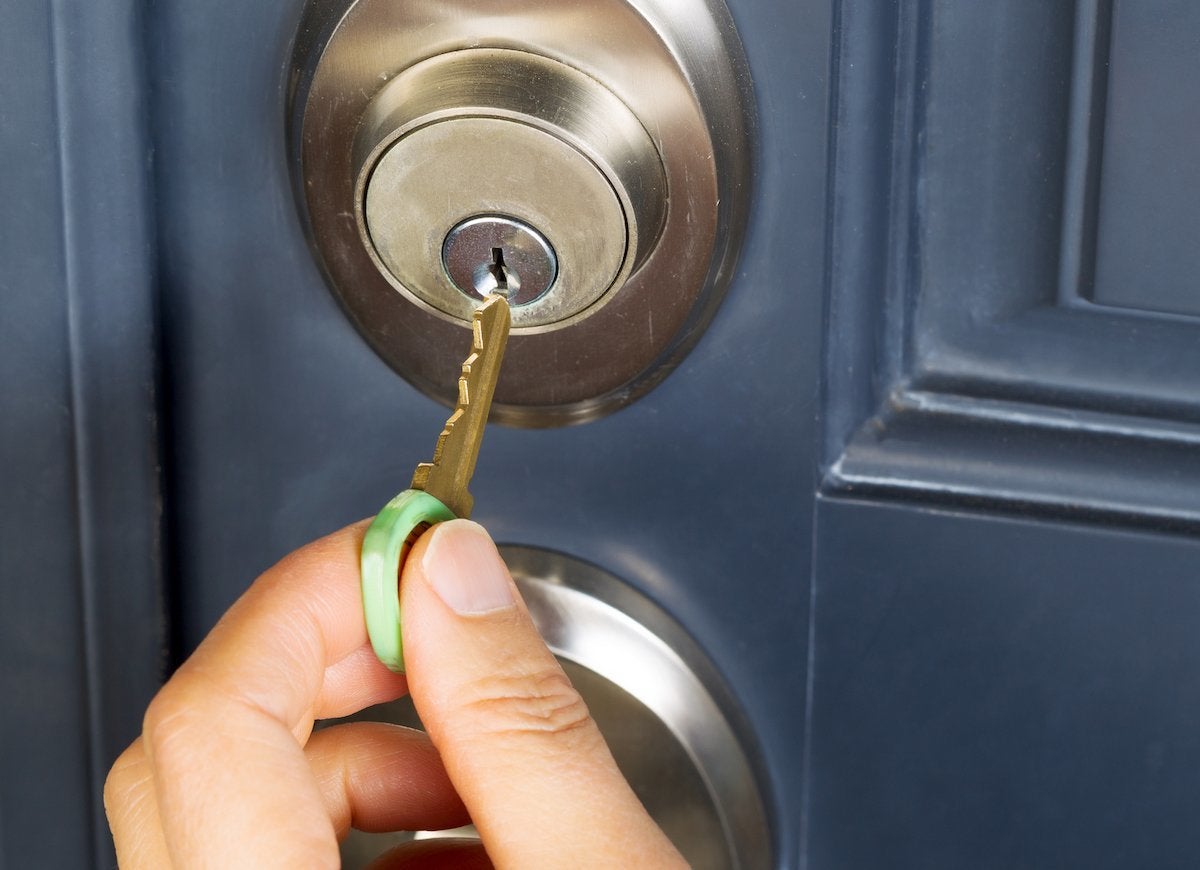
Prevent keys from sticking in locks by rubbing chalk along the teeth and tip of the key. Slide the key in and out of the sticky lock a few times, reapplying chalk in between uses. The chalk will absorb any moisture and particles of dirt that have become trapped inside the lock, making it work smoothly again.
Safety First
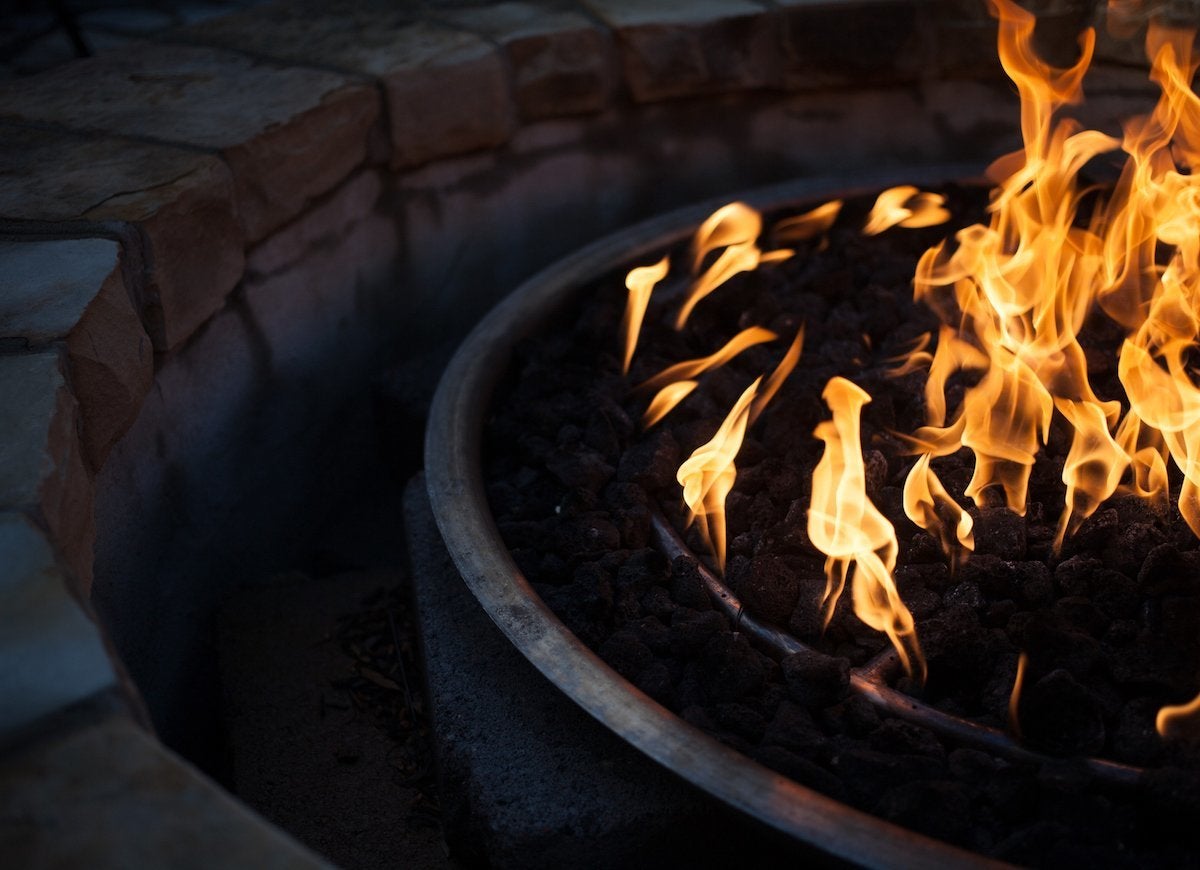
Backyard fire pits, barbecue grills, and chimineas are increasingly popular among today’s homeowners, but young children often need help remembering to keep away from the flames. Draw a thick chalk line a few feet away from the grill or fire pit to create a temporary “no-go” zone when youngsters are present.

Our Favorite Prime Day Deals Are Sure to Sell Out
Prime Day runs July 8 through 11, and Amazon (and many more retailers) have released hundreds of exciting seasonal deals. Check out our favorite products in the sales, from power tools and outdoor equipment to robot vacuums and power stations.